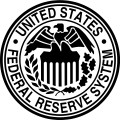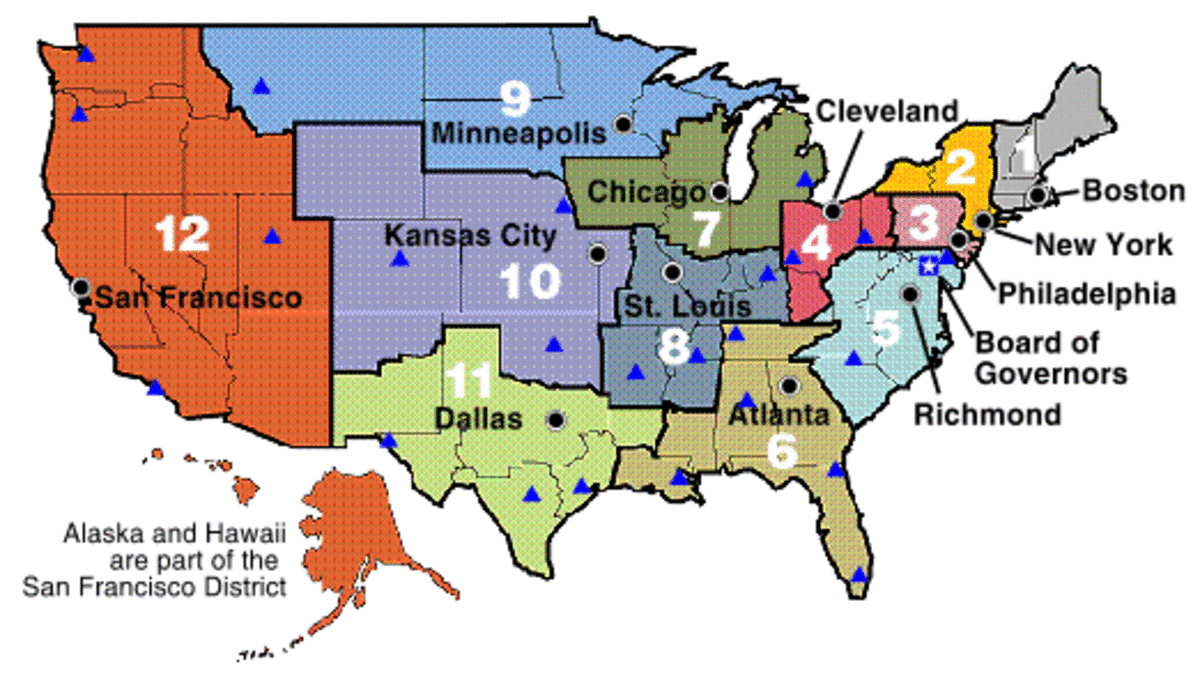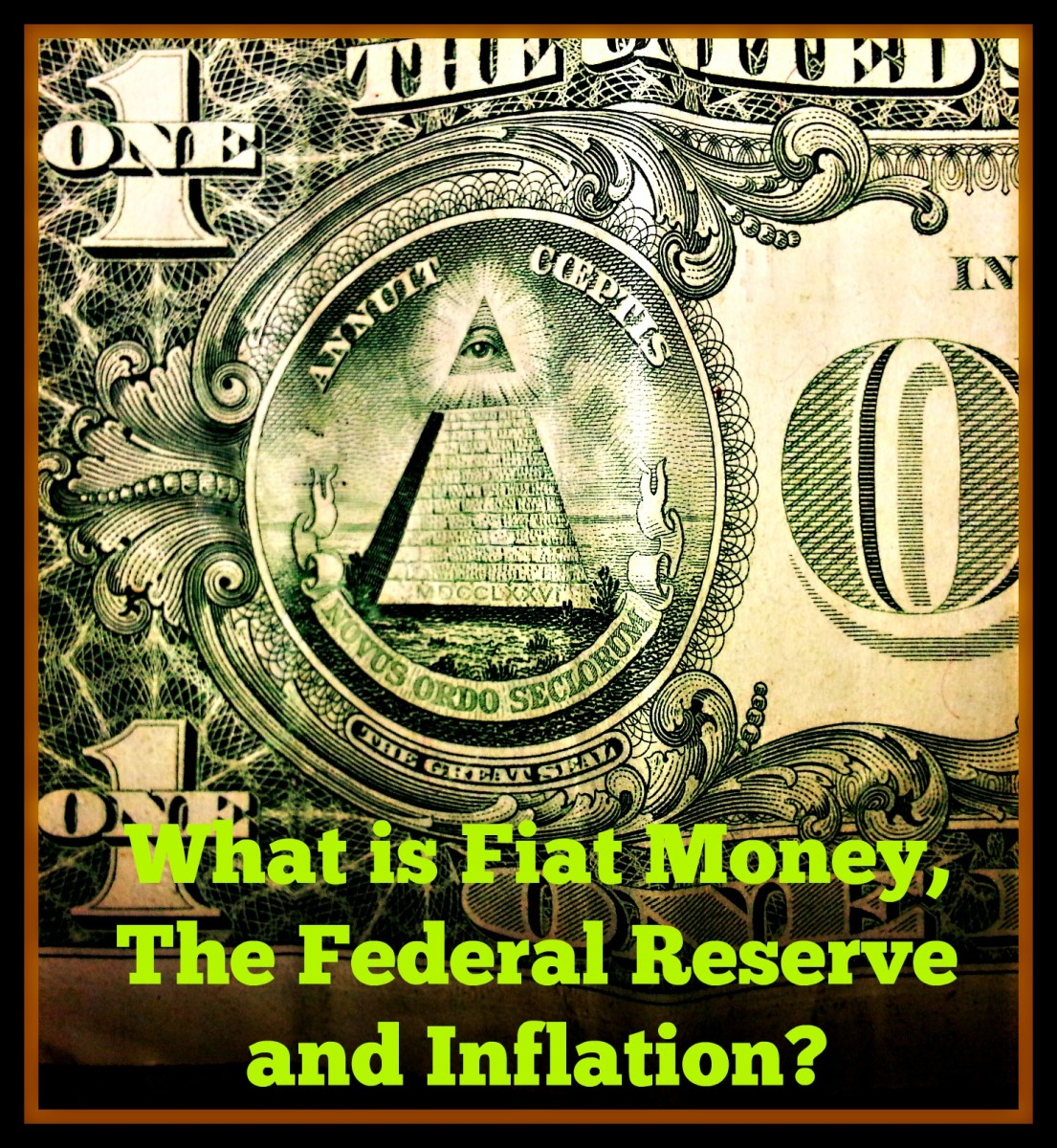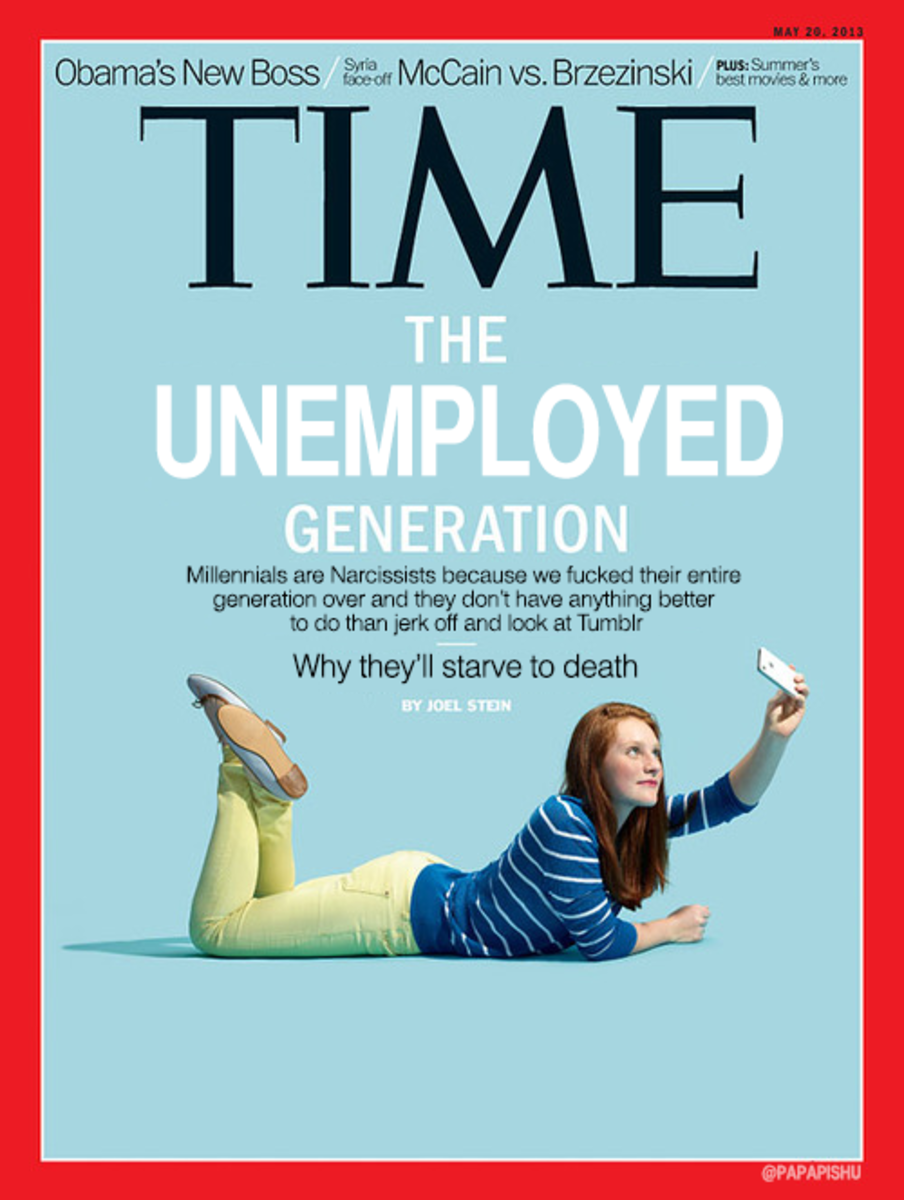Open Market Operations And Its Causes for Concern

What are open market operations? Open market operations are the Fed’s rendition of an economic means to a sinister end. Because central banks have full authority to control short term interest rate—through open market operations (OMO)—the Fed has been able to gain total hegemony over the supply of money. What so bad about this, don’t central banks suppose to control the money supply? Well, not exactly: the implication of this particular feature of monetary policy is economically counterproductive— explicitly, if the main goal of the Fed is to somehow circumvent inflation, then the use of open market operation is based on an economic myth.
What the American public doesn’t know is what’s hurting them: money is the by product of commercial banks, not central banks. Because of money’s four functions, it’s also the life blood of our economic engine. The irony in all of this is that inflation is the by product of these same “big gov” open market operations. It’s very important to note that under a gold standard, there would be no such thing as open market operations: notes would be convertible to gold; therefore, the Fed wouldn’t be allowed to just arbitrarily create new base monies.
Almost like a dog chasing his own tail, the Federal Reserve System creates an economic enigma—within the macro economy—that has no achievable goal. The government doesn’t care about having a truly, sustainable economy that operates through the prisms of concrete macroeconomic principles. If they did, they would base our money on some form of commodity. Again, under a gold standard notes are mandated to be convertible to gold, so other than keeping the value of fiat money constant relative to gold, there would be very little need for open market operations.
Nevertheless, this doesn’t stop the Federal Open Market Committee (a component of the Federal Reserve System) from meeting four times a year in Washington D.C. to do its domestic monkey business—the economic tomfooleries that goes on at these secret meetings aren’t only a detriment to the macroeconomics of our engine, but could be cause for economic sedition. What can the Federal Open Market Committee really do? A better question might be: what can’t they do? According to Llyod Atkinson of the book titled, Economics, this secret cabal of appointed bank governors has the authority to do the following:
The Board sets reserve requirements—that is, specifies the reserves that financialinstitutions must hold against various types of deposits. It has the authority to approve or disapprove changes in the rates of interest charged by the regional Federal Reserve Banks on loans made to financial institutions. It has the responsibility to regulate certain types of credit (such as the credit extended for purchasing stocks and bonds). It has the authority to approve or disapprove bank mergers. It specifies and enforces a wide range of regulations dealing with appropriate banking and credit practices. Finally, since the Board has 7 of the 12 seats on the Federal Open Market Committee, the monetary policymaking organ of the Federal Reserve System, it has de facto control over the conduct of monetary policy as well.
Our current economic breakdown has shown us the perils to this way of thinking. In economics, there exists a very fine line between rational and irrational behavior: what constitute irrational behavior are these very same meetings—in addition, what these meetings contributes to the concept of macroeconomics sets precedence for “real bad economical times.” And just as the Mars exploration has shown to contribute very little to the field of geology, FOMCs are slowly showing that rational economics doesn’t justify its existence.
Through open market operations, “big gov” set precedence for “real bad economical times.” Monetary policy isn’t anything more than “bad economics”—it’s bad for government to buy and sell securities on the open market, it’s bad for government to target federal funds rate (the rate that commercial banks charge between themselves for overnight loans) and it’s bad for government to tamper with an economic engine’s life blood. True macroeconomics was built on the concept of laissez faire economics which meant allowing markets to be free from government intervention.
This said, an economic engine can operate just fine without FOMC: the free market process will always keep inflation at bay because prices are a direct result of human need, desire and wants. Therefore, the overall price level will never become inflated because the market won’t allow it. Again, in a market based economy, there’s no need for government to play mediator. In other words, because the market will adjust to the needs and interest of the people, there’s no need for the government to set the price of money at any particular level.








